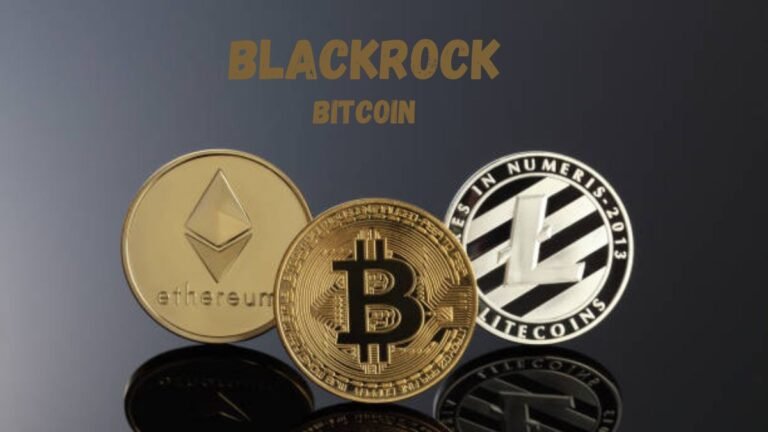Crypto News: Unveiling the Fascinating World of Cryptocurrencies
In today’s ever-evolving digital landscape, cryptocurrencies have taken the financial world by storm. This technological marvel, which began with the creation of Bitcoin in 2009, has sparked unprecedented interest and investment opportunities. The world of cryptocurrency is dynamic, filled with exciting developments, innovations, and market fluctuations. In this article, we’ll delve into the world of crypto news, providing you with a comprehensive overview of the latest trends, events, and updates within the cryptocurrency space.
Understanding Crypto News: A Brief Overview
Before we dive into the latest news, let’s ensure we’re all on the same page regarding cryptocurrencies. Cryptocurrencies are digital or virtual currencies that use cryptography for security. They operate on decentralized technology known as blockchain, which is a distributed ledger that records all transactions across a network of computers. The most famous and pioneering cryptocurrency is Bitcoin, created by the mysterious Satoshi Nakamoto.

The Growth and Adoption of Crypto News
In the past few years, cryptocurrencies have experienced significant growth in popularity and adoption. As more individuals and institutions recognize their potential, this once-niche concept has transformed into a global financial phenomenon. The following are some key developments in the world of cryptocurrencies:
1. Bitcoin’s Resurgence
Bitcoin, the pioneer of cryptocurrencies, has regained the spotlight recently. Its price volatility and value have attracted investors, and it’s once again considered a digital store of value.
2. Altcoins and Their Rising Popularity
Altcoins, alternative cryptocurrencies to Bitcoin, have seen substantial growth in market capitalization. Coins like Ethereum, Ripple, and Litecoin are gaining traction, offering unique features and use cases.
3. Institutional Investment
Prominent financial institutions, including Tesla and PayPal, are increasingly integrating cryptocurrencies into their operations, endorsing their legitimacy.
4. NFT Mania
Non-fungible tokens (NFTs) have emerged as a unique application of blockchain technology, allowing the ownership and trading of digital assets, art, and collectibles. NFTs have made headlines with multi-million-dollar sales.
Crypto Regulations and Legal Developments
The regulatory landscape surrounding cryptocurrencies is continually evolving, with governments worldwide attempting to strike a balance between innovation and security. Some notable developments include:
1. Government Scrutiny
Governments are recognizing the need for regulation to prevent illicit activities such as money laundering. They are introducing frameworks to control cryptocurrency exchanges and trading.
2. Cryptocurrency Taxation
As cryptocurrencies gain traction, tax authorities are adapting to this new digital economy. Investors are now required to report their cryptocurrency holdings for tax purposes.
Security and Challenges
Despite their numerous advantages, cryptocurrencies also pose challenges, particularly in terms of security:
1. Hacks and Scams
The crypto space has witnessed several high-profile hacks and scams, raising concerns about the safety of digital assets.
2. Volatility
Cryptocurrencies are known for their price volatility. While it presents investment opportunities, it also carries significant risks.
DeFi and the Future of Finance
Decentralized Finance (DeFi) is another prominent development in the crypto world. DeFi platforms aim to replace traditional financial intermediaries, offering services like lending, borrowing, and trading, all powered by blockchain technology. The DeFi space is rapidly evolving, with new projects and platforms emerging regularly.
Conclusion
In conclusion, the world of cryptocurrencies is a dynamic and ever-changing landscape. From Bitcoin’s resurgence and the rise of altcoins to the boom in NFTs and DeFi, the cryptocurrency space is continually evolving. However, it’s essential to keep in mind the risks and challenges that come with this financial revolution. With governments addressing regulation and taxation, and institutional adoption on the rise, the future of cryptocurrencies remains intriguing and uncertain. Staying informed and vigilant in this space is crucial for anyone looking to participate in this digital financial frontier.






